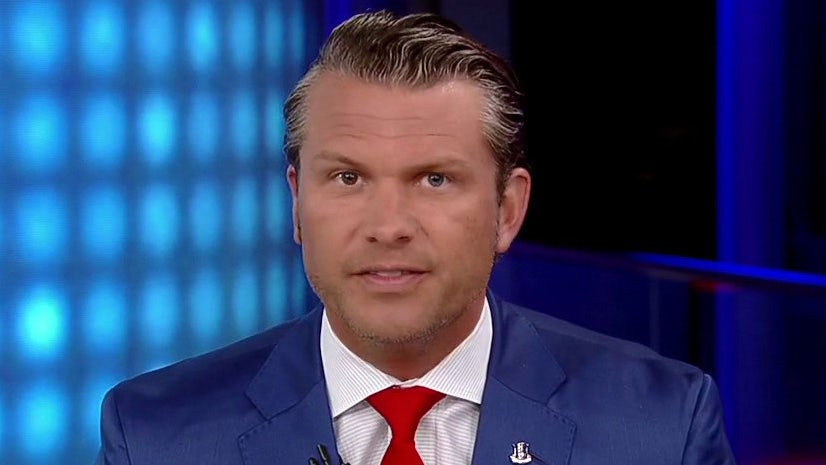Are Pete Hegseth’s tattoos symbols of ‘Christian nationalism’?

President-elect Donald Trump’s pick to lead the Department of Defense, Pete Hegseth, is facing criticism for his tattoos that some claim are symbols of White supremacy and Christian nationalism. Hegseth, a former Fox News host and retired Army major with extensive combat experience, has a variety of tattoos that incorporate Christian and American imagery.
One tattoo that has sparked controversy is the “Jerusalem Cross” on Hegseth’s chest, which features a large cross surrounded by four smaller crosses. While Hegseth has stated that the tattoo symbolizes his Christian faith, critics argue that the Jerusalem Cross is associated with extremism, White supremacy, and Christian nationalism. Some have even mistaken it for the Nazi swastika.
Father David Grenier, a Catholic priest and member of the Holy Land Franciscan Friars, explained that the Jerusalem Cross originated in Eastern Christianity in the fifth and sixth centuries. It has since been adopted by various Christian groups, including the Knights of the Holy Sepulchre and the Latin Patriarchate of Jerusalem. The cross symbolizes the five wounds of Christ’s crucifixion and the spread of the gospel to all corners of the world.
Despite the controversy surrounding the Jerusalem Cross, many Christians, including Father Mike Schmitz and evangelical author Jennifer Greenberg, view it as a symbol of their faith and heritage. Schmitz, a popular Catholic priest and podcaster, has the cross tattooed on his arm as a reminder of his baptism and commitment to Christ. Greenberg expressed shock at the comparison of the Jerusalem Cross to a swastika, emphasizing its significance in evangelical circles.
Hegseth’s other tattoos, such as “Deus Vult” and “Join or Die,” have also drawn scrutiny. “Deus Vult,” Latin for “God wills it,” was a battle cry during the Crusades but is now commonly used in Christian contexts to express trust in God’s plan. “Join or Die,” a political cartoon from the Revolutionary War era, symbolizes unity and common purpose among American colonies.
While some may find Hegseth’s tattoos controversial, they are deeply meaningful to him as a veteran who has faced the challenges of combat. These symbols of faith, heritage, and patriotism reflect his personal convictions and experiences. As Hegseth prepares to lead the Department of Defense, his tattoos serve as a reminder of his journey and beliefs in service to his country.




